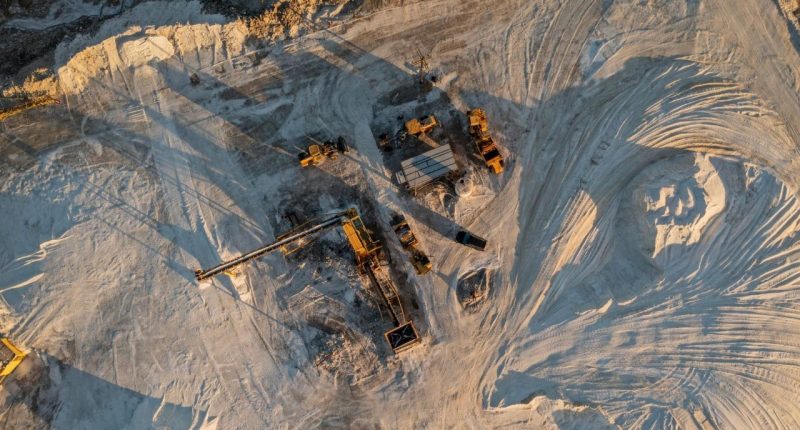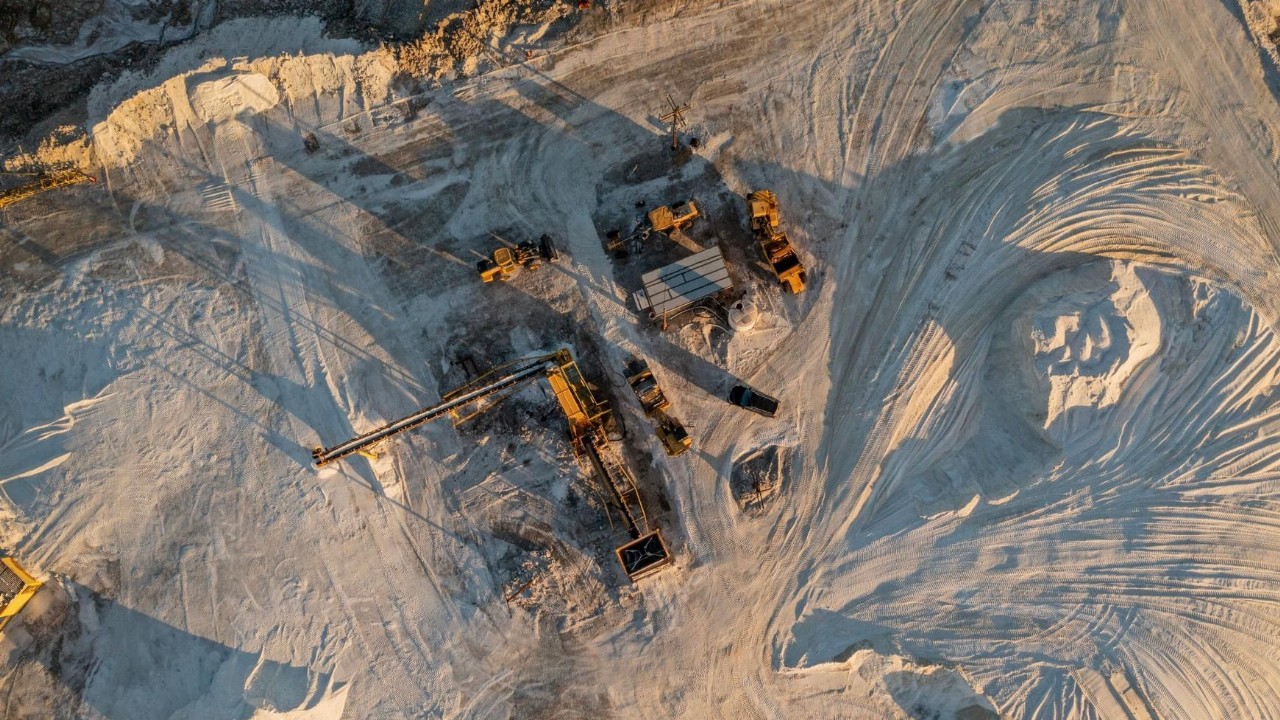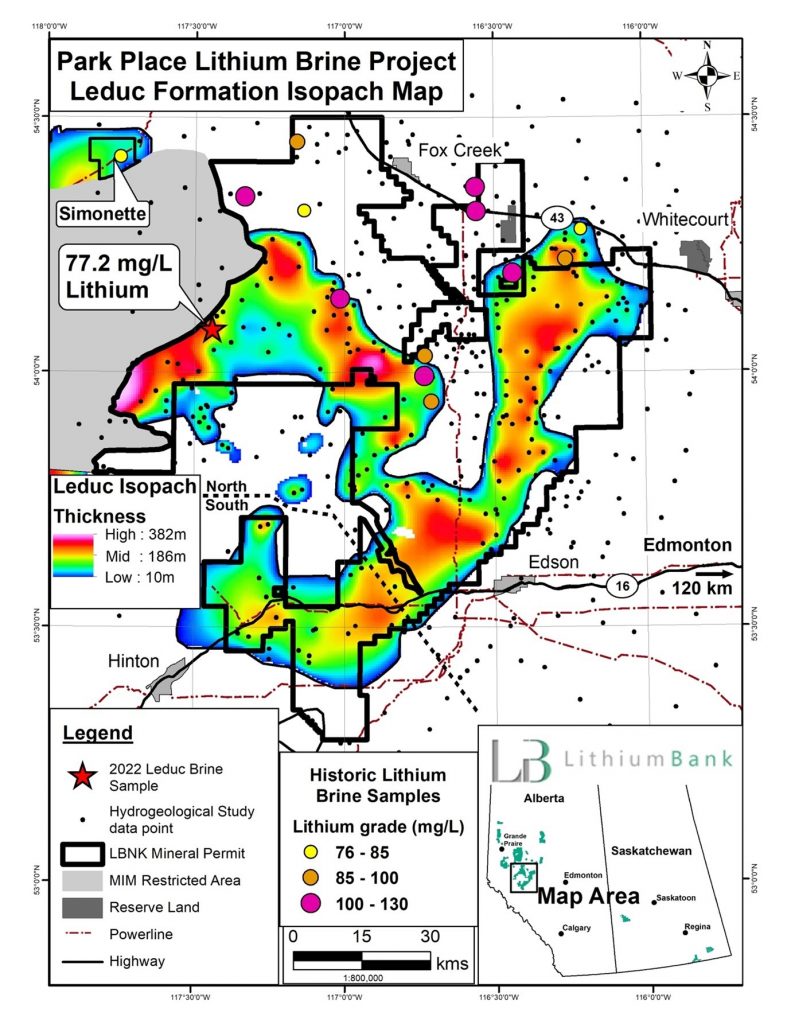- LithiumBank Resources (LBNK) finishes a hydrogeological study at Park Place and reports the largest contiguous lithium-rich brine project in North America
- The hydrogeological study was completed by Matrix Solutions
- The company currently holds over 3.6 million acres of mineral titles
- More exploitation to result in the delineation of a mineral resource is uncertain at this time
- LithiumBank Resources is a development company focused on lithium-enriched brine projects in Western Canada
- LithiumBank Resources (LBNK) is up under 10 per cent, trading at C$1.33 at 12:59 pm EST.
LithiumBank Resources (LBNK) completes a hydrogeological study at the Park Place Lithium Brine Project, resulting in a major find.
The hydrogeological study was completed by Matrix Solutions. This is slated to be completed in Q2 of 2023.
The company currently holds over 3.6 million acres of mineral titles, 3.33 million in Alberta and 336 thousand in Saskatchewan.
Highlights
The Park Place Lithium Brine Project, also known as the PPLP, hosts 76.3 km3 of lithium-bearing brine.
To date, this is the largest reported lithium-rich brine project, by volume, in North America held by a single operator.
Both the Leduc Formation and the underlying Swan Hills Formation are hydraulically connected, representing a continuous resource volume.
Back in December, a brine sample was collected from the Leduc Formation amounting to 77.2 mg/L lithium.
“Beyond validating our high-value asset acquisition strategy, we believe it positions our company as one of the most attractive investments in Direct Lithium Extraction resource development opportunities globally and at a District-Scale,” commented Rob Shewchuk, CEO of LithiumBank.
“LithiumBank will also undertake additional brine sampling and testing of multiple Direct Lithium Extraction technologies that […] will support an initial Preliminary Economic Assessment at PPLP,” added Shewchuk.
The Swan Hills Formation is home to interbedded dolomite and limestone, where both rock types are of reservoir quality.
Both the Devonian-aged Leduc Carbonate Reef complex (Woodbend Group) and the underlying Swan Hills Formation (Beaverhill Lake Group) have been known to host the highest grades of lithium-in-brine in Alberta.
The average net total porosity is 11 per cent using a 3 per cent porosity cut-off. According to the company, an 11 per cent porosity is promising.
Matrix expects that this should correspond with a reservoir continuity which will support more commercial production in the future.
To date, there has not been enough exploration at the Park Place Lithium Brine Project to define a mineral resource.
The company does not know if doing more exploitation will result in the delineation of a mineral resource.
LithiumBank Resources is a development company focused on lithium-enriched brine projects in Western Canada where low-carbon-impact, rapid DLE technology can be deployed.
LithiumBank Resources (LBNK) is up under 10 per cent, trading at C$1.33 at 12:59 pm EST.







